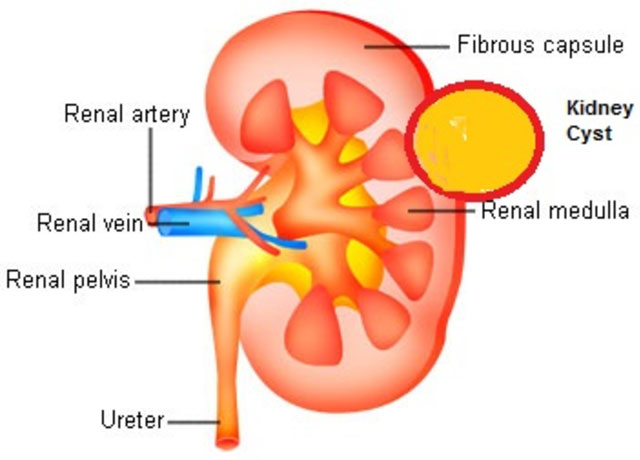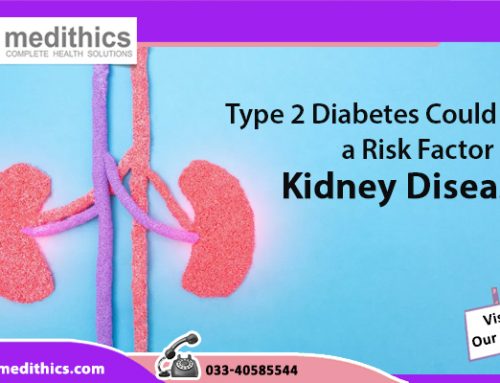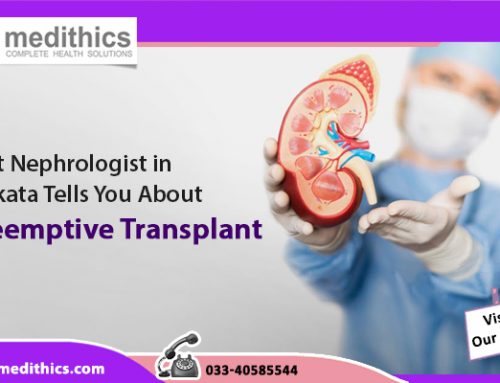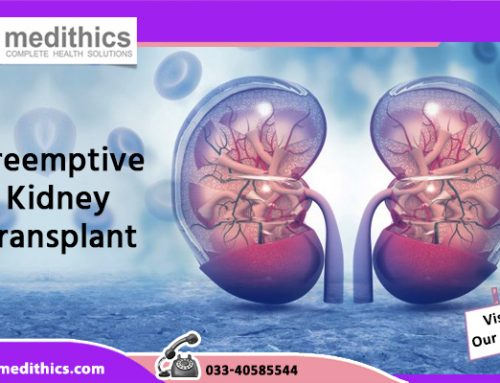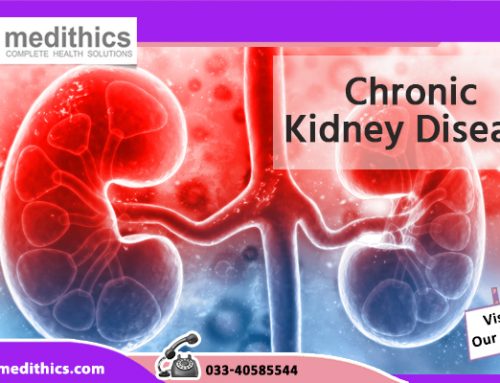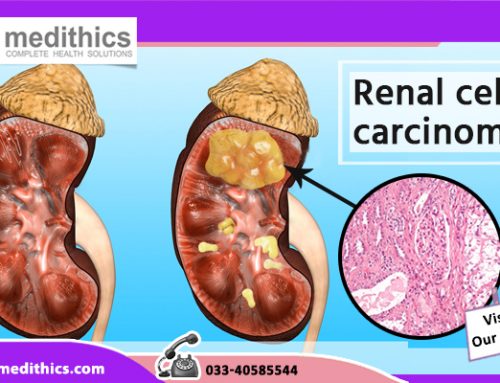Cancer does not normally develop from kidney cysts as they are almost always benign (not cancerous). Any other problem also normally does not arise due to them. In fact, people are often not aware that there are kidney cysts in their body and lead a normal life.
Polycystic kidney disease (PKD), an inherited disease, often causes kidney cysts in some people. There are different symptoms of this disease, which include high blood pressure, pain in the back and side, blood in the urine and frequent kidney infections.
There are kidney cysts in up to 50 per cent of people older than 50 years of age.
Symptoms
You should inform your nephrologist in Kolkata if you are having any of the following problems:
- You have a feeling of pain in the area between your ribs and your hip
- You have a feeling of pain in your belly or back
- You have a fever
- You have to urinate frequently
- Your urine has blood or is dark in colour
Your doctor will probably ask you to go for some lab tests after properly examining you.
Diagnosis & Tests
The tests that create pictures of your internal organs can detect kidney cyst. Ultrasound, computerized tomography (CT) and magnetic resonance imaging (MRI) scans are some of these tests. If these tests are performed for other reasons also, kidney cysts often get detected.
Treatment
There may not be need of any treatment if there is an absence of the symptoms mentioned here in your body and your kidney cyst is small. In 6 to 12 months, your doctor might want to check the cyst again with a CT scan.
Your nephrology doctor in Kolkata might ask you to have a CT or MRI scan of your kidney to examine whether the cyst is growing if you start having problems.
There may be calcifications (hard stone pieces) or dense tissue in the cyst or it may be large in size. It is then when you might need to often go for CT scans so that your doctor can check for changes in the cyst.
Your doctor may decide not to remove the kidney cyst if it does not cause any problem. The removal of the kidney cyst will only take place if it is getting larger or causing other problems.
Surgery
There is sometimes the recurrence of cysts and they can get filled with fluids. Then your doctor may perform surgery through an incision on your skin. In this surgery, general anaesthesia is used. In order to drain the fluid from the cyst and remove or burn its outer wall to keep it from reforming, the surgeon would use a laparoscope and other instruments. The laparoscope is a thin and lighted tube. After the surgery, you may have to stay in the hospital for one or two days.
